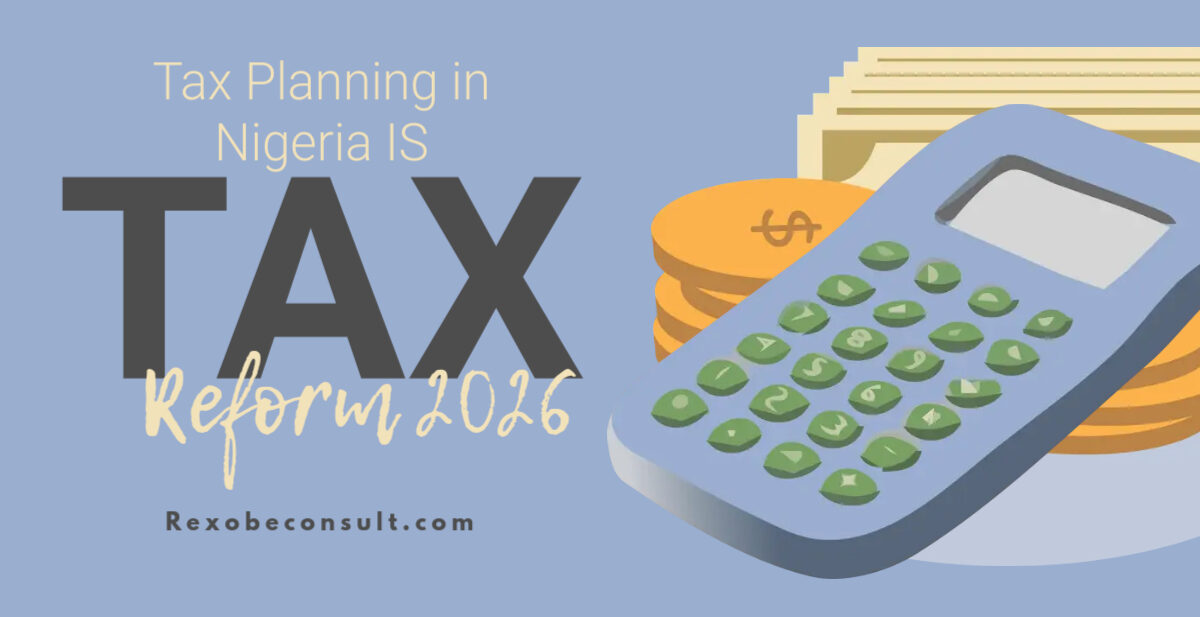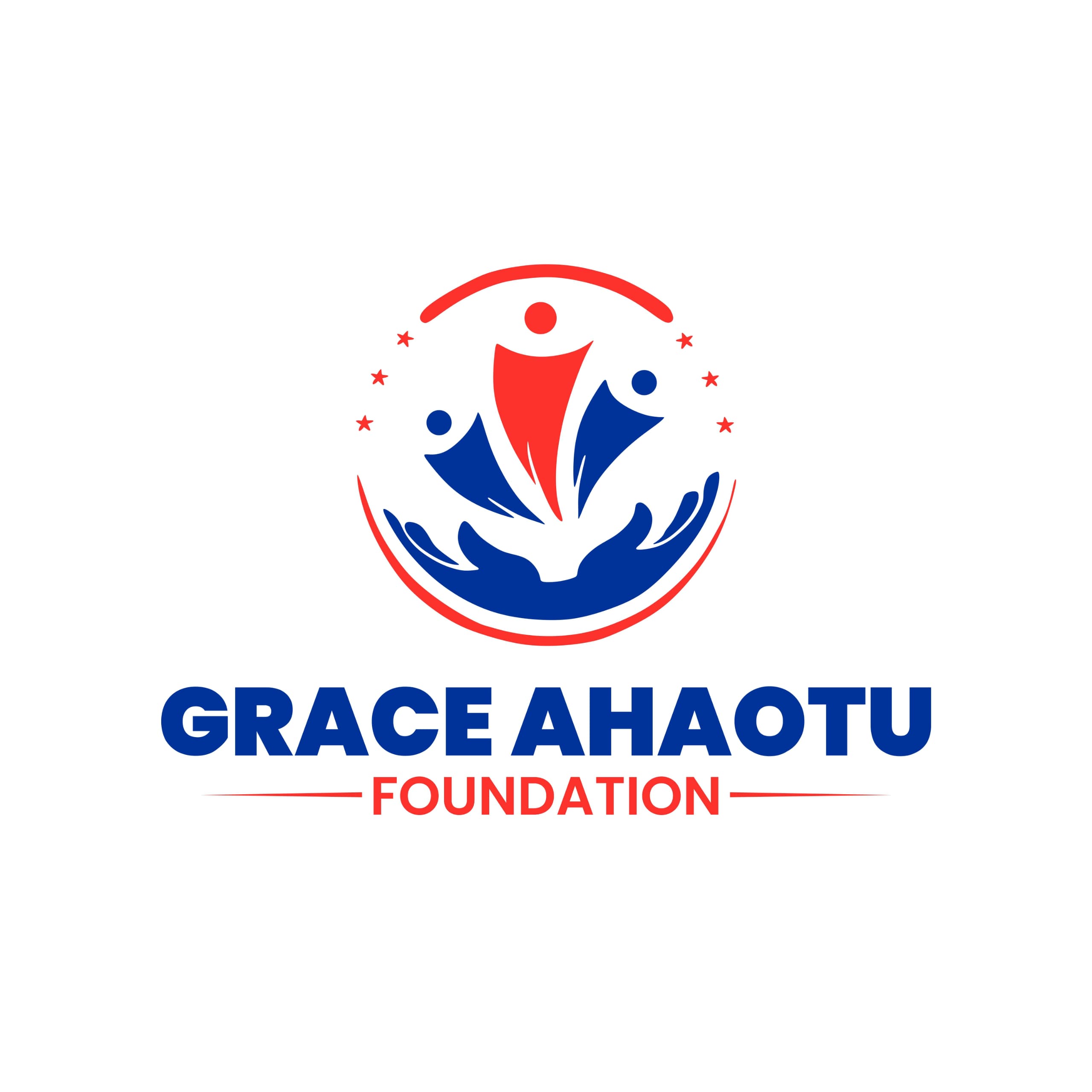- August 21, 2025
- by consult
- Business Growth, Tax
For many years, tax planning in Nigeria was a private matter handled quietly between you and your accountant. The goal was straightforward: maximise deductions, structure finances wisely, and legally minimise tax liability. However, starting January 1, 2026, the new Nigerian Tax Reform will alter the approach to tax planning in Nigeria. Under the reform, taxpayers are required to notify the Federal Inland Revenue Service (FIRS) before carrying out certain tax planning strategies.
🔎 What Exactly is Changing with Nigerian Tax Reform 2026?
The Federal Inland Revenue Service (FIRS) is introducing stricter rules to ensure transparency in tax planning in Nigeria. Here’s what the reform brings:
Mandatory Disclosure – Any tax planning strategy that significantly reduces your tax liability may need to be reported before implementation.
Government Review – FIRS can now review whether your plan qualifies as legitimate tax planning or crosses into tax avoidance.
Stricter Penalties – Failure to disclose aggressive tax arrangements could result in heavier fines and sanctions.
This move aligns Nigeria with international standards seen in countries like the UK and South Africa, where mandatory tax disclosure is already in practice.
💡 Why the Nigerian Tax Reform 2026 is Happening
The government’s objective is clear: close tax loopholes and improve compliance. For years, large corporations and wealthy individuals used complex tax structures to reduce their tax burden. With this reform, the government aims to:
Track tax planning in Nigeria in real time
Prevent abusive tax avoidance before it occurs
Boost national revenue for infrastructure and development
By tightening regulations, Nigeria is now aligning with global best practices in tax administration.
👩💼 How the New Rules Affect Tax Planning in Nigeria
Whether you are a business owner, entrepreneur, or high-income professional, the reform directly impacts how you approach tax planning in Nigeria:
No more silent strategies – disclosure may be mandatory for significant tax moves
Professional tax advice becomes essential – DIY planning carries higher risks
Compliance must be ongoing – reporting is not a one-time requirement but a continuous process
✅ What You Should Do Now for Effective Tax Planning in Nigeria
Plan Ahead – Start preparing early; last-minute tax moves in late 2025 may not escape new regulations.
Work with Experts – Engage a registered tax consultant to remain compliant while still optimizing savings.
Stay Updated – Keep track of official FIRS tax disclosure guidelines as detailed thresholds are released.
📌 Final Thoughts
Tax planning in Nigeria is no longer a quiet, behind-the-scenes process. With the Nigerian Tax Reform 2026, the government now plays a direct role in monitoring tax strategies. Failing to disclose could mean stiff penalties, but with the right guidance, you can remain compliant while still maximizing tax benefits.
At Rexobe Consult, we simplify complex reforms like these, helping businesses and professionals stay ahead of regulatory changes.
👉 Want to understand how the FIRS tax disclosure rules will affect your business? Book a consultation with Rexobe Consult today.









